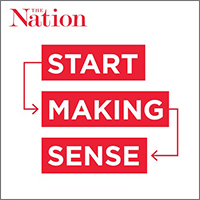 Listen HERE
Listen HERE
When Attorney General Bill Barr told the House Judiciary Committee recently that voting by mail on a large scale presented a “high risk” for “massive voter fraud,” Pramila Jayapal challenged him—with evidence. She’s co-chair of the Congressional Progressive Caucus, she represents Seattle, and she talks about the fight against Trump for voting by mail. Her new book is Use the Power You Have: A Brown Woman’s Guide to Politics and Political Change.
Also: Tom Frank, author of the classic What’s the Matter with Kansas, talks about Trump’s phony populist appeal—and whether Joe Biden, the guy from working-class Scranton, can win back the working-class white men who turned to Trump last time around. Tom’s new book is The People, NO: A Brief History of Anti-Populism. 8-13-2020
Start Making Sense
Trump’s Dangerous Push for a Vaccine by October: Gregg Gonsalves, plus David Cole on the Police
 Listen HERE
Listen HERE
Trump is rushing to develop a vaccine, and declare victory over Covid-19 just before the November election – whether or not the current research, “Operation Warp Speed,” has succeeded. Gregg Gonsalves explains that an ineffective vaccine that will create more resistance and skepticism about future vaccines. Gregg is codirector of the Global Health Justice Partnership and an assistant professor of epidemiology at Yale School of Public Health. He’s also the winner of a MacArthur genius fellowship.
Also: David Cole, national legal director of the ACLU, says we need less punishment and more justice from the police and the courts. One key way to achieve that is to reduce enforcement of misdemeanors, which currently leads to millions of avoidable arrests, especially of people of color – and many cases of police violence against them. 8-6-2020
This Is Disaster Relief Under Corporate Power: David Dayen, plus Amy Wilentz on Mary Trump
 Listen HERE
Listen HERE
Senate Republicans introduced their new trillion-dollar economic stimulus bill, which they call “The HEALS Act.” It’s woefully inadequate, says David Dayen—and part of life in the age of corporate power—the subject of David’s new book, Monopolized.
Plus: Trump’s unfortunate childhood: Amy Wilentz talks about Donald, Fred Junior, Marianne, Elizabeth, and little Robert—as described in the new blockbuster bestseller by Mary Trump, daughter of Donald’s brother Fred Jr., Too Much and Never Enough: How My Family Created the World’s Most Dangerous Man. 7-30-2020
Naomi Klein: Pandemic Capitalism and the Black Lives Matter Protests; plus Zoe Carpenter on Portland and Ivy Meeropol on Roy Cohn
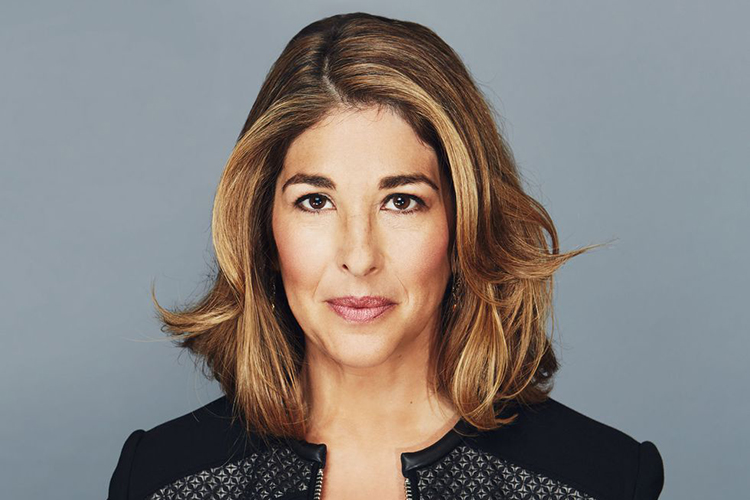 Listen HERE
Listen HERE
The pandemic has slowed the speed of life under capitalism, Naomi Klein suggests in her recent conversation with Katrina vanden Heuvel—and that has created greater empathy and solidarity, expressed in the unprecedented support for the Movement for Black Lives. But the “Screen New Deal”—the virtual classroom and workplace—are bringing greater isolation and increasing corporate power.
Plus: Zoë Carpenter reports from Portland on the ominous developments there involving federal agents in camouflage in the streets attacking protesters—over the objections of local and state officials—which Trump says he will take to other Democratic cities.
Also, how Roy Cohn gave us Donald Trump: Ivy Meeropol talks about her new documentary on Roy Cohn, “Bully. Coward. Victim.” It’s playing now on HBO on demand. 7-23-2020
To Fight the Virus We Need a Massive Campaign of Disruption: Gregg Gonsalves, plus Meagan Day on the Eviction Crisis
 Listen HERE
Listen HERE
The increasing number of cases of Covid-19, and of deaths, should be scary to everybody, Gregg Gonsalves says. A direct action campaign of disruption is necessary to bring the changes we need—something like the Act Up movement of the eighties. Gregg is an assistant professor of epidemiology at Yale School of Public Health and the recipient of a MacArthur “genius” grant, and he writes regularly for The Nation about the pandemic.
Also: We’re heading for an eviction crisis. On July 31 the direct cash payments of the CARES act expire and right now Republicans in Congress are not renewing it or anything like it. That means millions of people won’t be able to pay their rent on August 1. Meagan Day comments—she’s coauthor of Bigger than Bernie: How We Go from the Sanders Campaign to Democratic Socialism. 7/15/2020
Mike Davis: The Problem with Dr. Fauci; plus Amy Wilentz on Ivanka, and Debbie Nathan on Rembering Sandra Bland
 Listen HERE
Listen HERE
Mike Davis argues that, while Dr. Anthony Fauci has been handed a golden opportunity to speak truth to power, America’s most respected doctor remains a team player in an administration bent on disaster.
Also: another episode of The Children’s Hour—Amy Wilentz with stories about Ivanka, Jared, Don Jr., and little Eric. This week, Ivanka is in trouble for wearing a mask—and Don Jr.’s girlfriend tests positive.
Plus: Black Lives Matter: Sandra Bland’s was one of them. This week is the fifth anniversary of the death of Bland in a Texas jail—July 13, 2015. What happened to Sandra Bland? To understand that, you have to begin way before she died. Debbie Nathan reports on the life, as well as the death, of Sandra Bland. (This segment originally broadcast in April, 2016). 7-8-2020
Defund—and Disarm—the Police: Kelly Lytle Hernandez, D.D. Guttenplan, and Zoë Carpenter
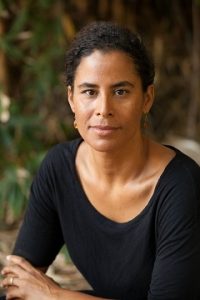 Listen HERE
Listen HERE
Defunding the police and re-imagining public safety—in Los Angeles—starts with the LAPD, but includes the sheriffs, the school police, and the UCLA police force. Kelly Lytle Hernandez comments—she’s a professor of history at UCLA, she wrote City of Inmates, a history of the LA jails, and she’s the recipient of a MacArthur “genius” grant.
Also: it’s time to disarm the police. They didn’t always carry guns, and there are other big cities in the world where most cops are NOT armed—like London. D.D. Guttenplan, editor of The Nation, explains.
Also: Black Lives Matter protests are everywhere, even the most unlikely places: for example, Laramie, Wyoming; Florence, Alabama; and even Vidor, Texas—it’s a former Ku Klux Klan haven that Texas Monthly described as the state’s “most hate-filled town.” Nation contributing writer Zoë Carpenter reports. 7/2/2020
How Racism Works in a Liberal Democratic City: Michele Goodwin, plus Mia Birdsong on abolishing the police
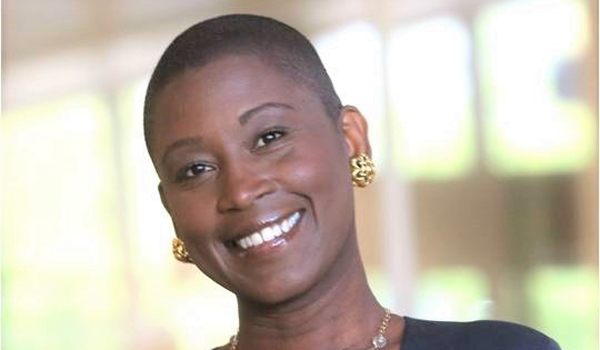 Listen HERE
Listen HERE
Michele Goodwin talks about her experiences of racism in daily life in Minneapolis—before she became Chancellor’s Professor of Law at the University of California Irvine. Also: removing statues from the Capitol Building honoring traitors and defenders of slavery—there’s one that’s been overlooked: Chief Justice Roger B. Taney.
Plus: In the current mobilization around Black lives, everyone can do something, even if it’s not marching in the streets—Mia Birdsong explains. She’s the host of The Nation’s podcast More Than Enough, about universal basic income, and her TED talk has been viewed almost two million times. Now she has a new book out—it’s called How We Show Up: Reclaiming Family, Friendship, and Community. 6/18/2020
The Protests, the Police, and Juneteenth: Robin Kelley, plus Dahlia Lithwick on Trump
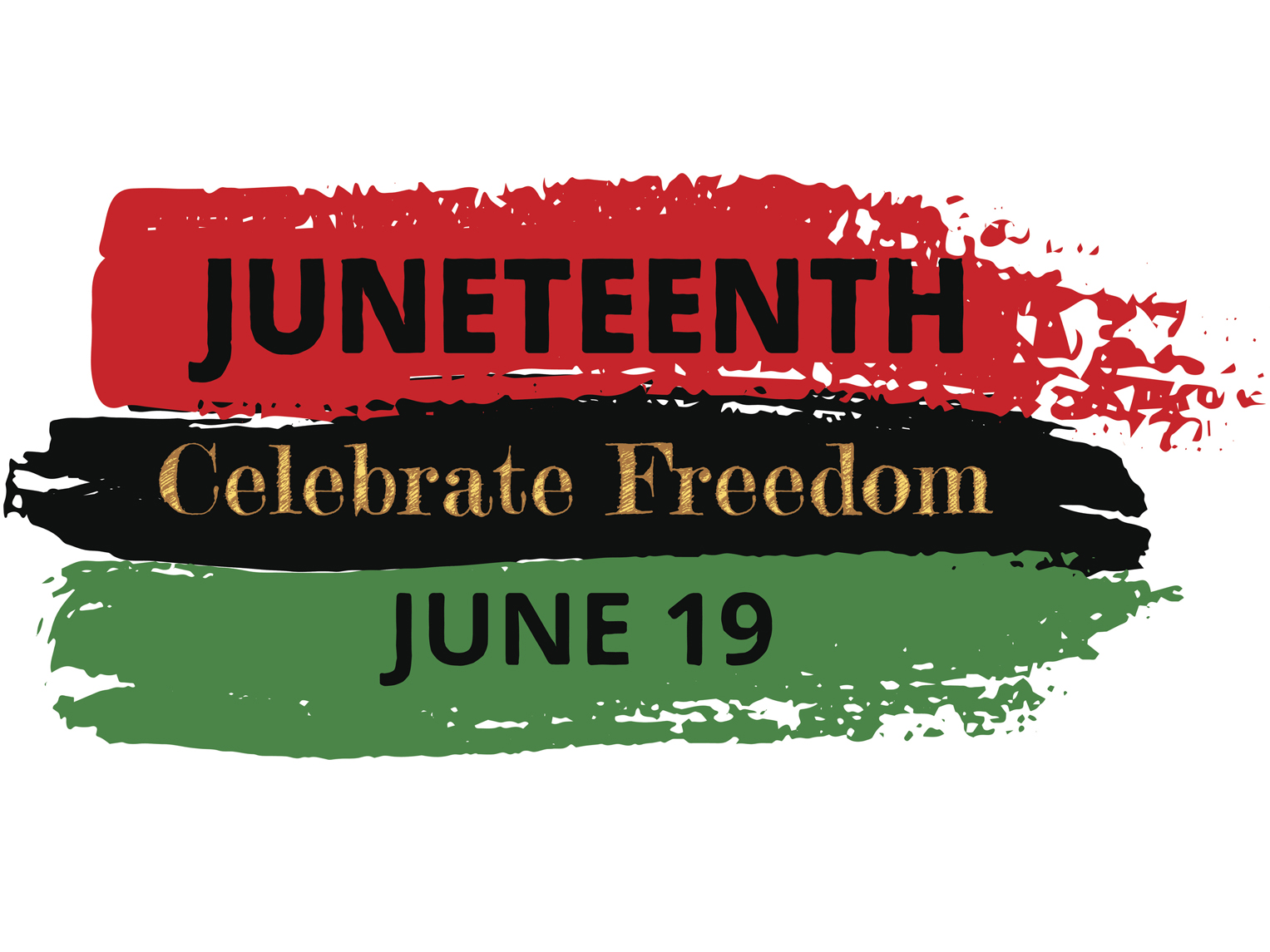 Listen HERE
Listen HERE
Juneteenth, a day of celebration and reflection for African Americans, is particularly significant in this season of protest and demands for change by Black Lives Matter. Historian Robin Kelley comments.
Also: The great thing about the protests of the past month is not just that they have been so massive, so sustained, so diverse, so inspiring—the best thing is that they are NOT about Trump. That’s what Dahlia Lithwick says—she hosts Slate’s podcast “Amicus.” 6-17-2020
The People vs. the Police: Jody Armour, plus Amy Wilentz on Ivanka and that Bible
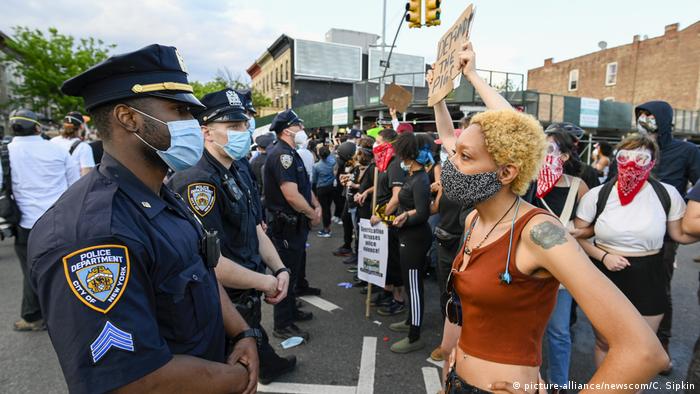 Listen HERE
Listen HERE
Democrats in Congress have introduced legislation to reform police practices nationwide and hold bad cops responsible—while LA has spent decades trying to reform its police force. Jody Armour comments—he’s the Roy P. Crocker Professor of Law at the University of Southern California, and speaks widely on Black Lives Matter and the movement’s agenda. His book N*gga Theory: Race, Language, Unequal Justice, and the Law will be published in August.
Also: Trump’s disastrous walk across Lafayette Square for that bible photo-op outside St. John’s Episcopal Church apparently was Ivanka’s idea—she’s also been tweeting Bible verses. Amy Wilentz, our Chief Ivanka Correspondent, has a report. 6-10-2020
